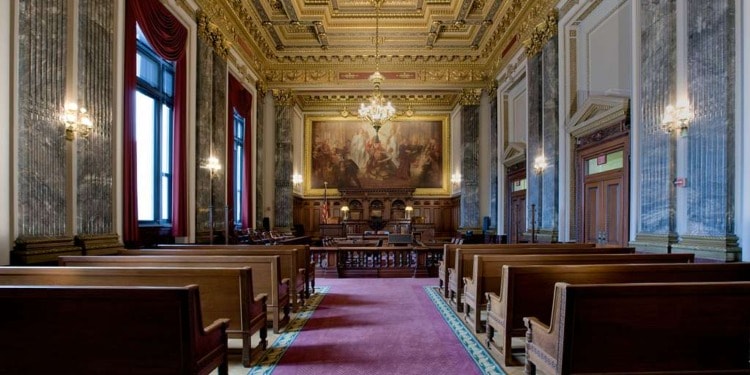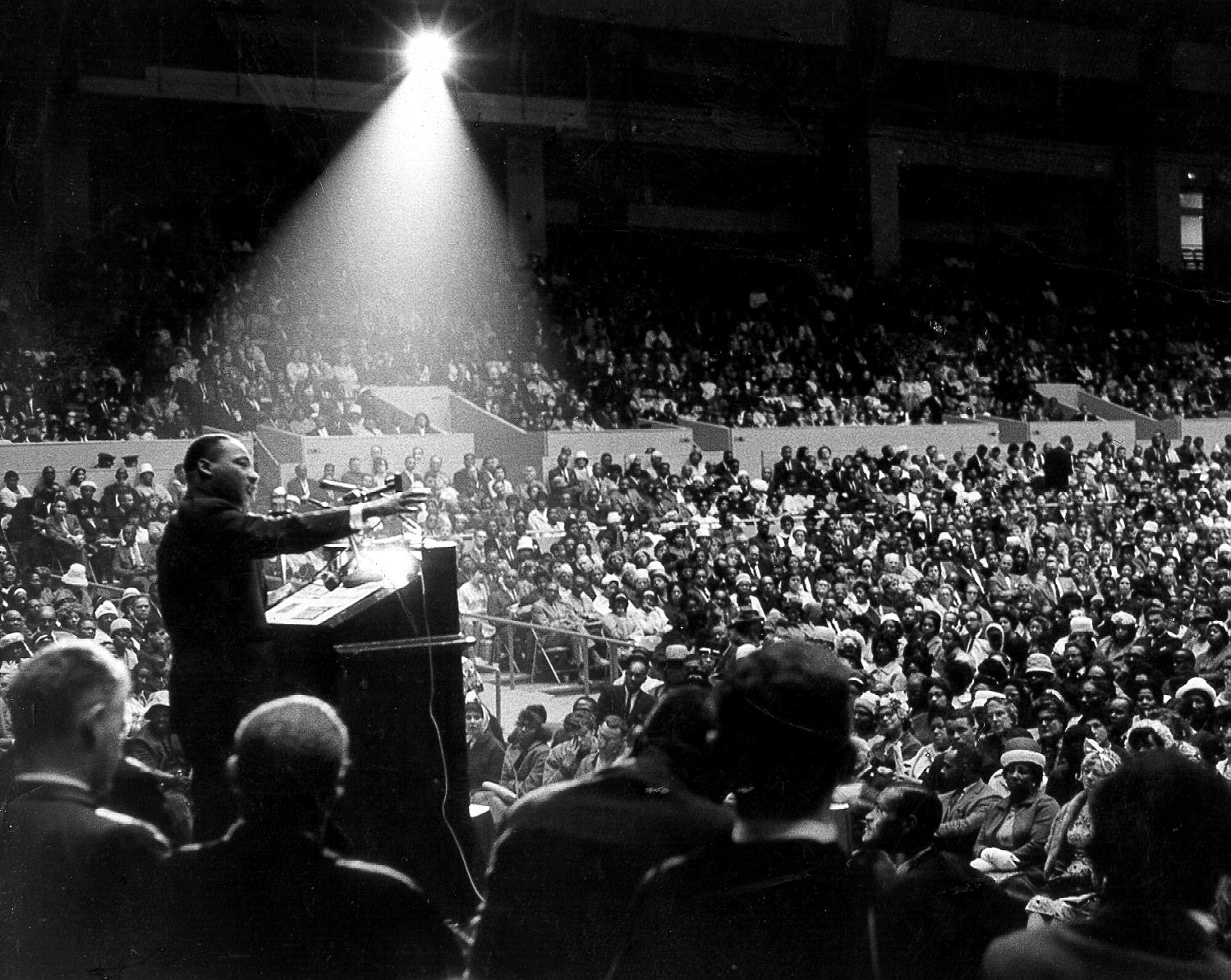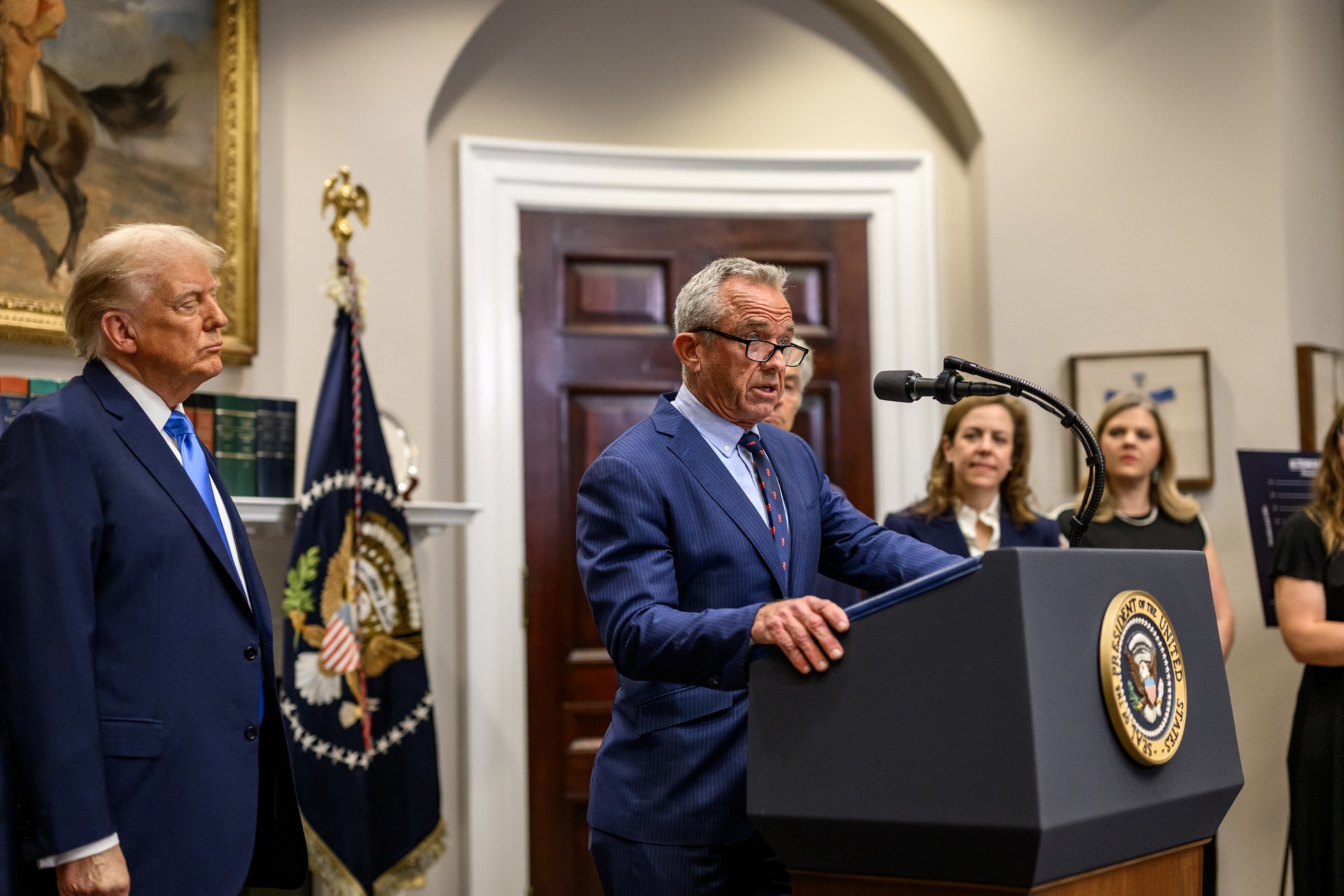The first few weeks of the Trump Administration have resulted in significant legal actions and policies that are sharply at variance with what had previously been, and outside the administration still are, accepted norms. Four law firms have been barred from federal buildings due to their participation in legal cases or activities that were perceived as antagonistic to the administration’s interests, particularly in relation to impeachment, immigration, DEI, and other controversial issues.
The Potential Effect on Representation by Lawyers
By barring law firms from federal buildings, the Trump Administration has raised fundamental concerns about clients’ access to legal representation, especially those in marginalized communities. Law firms often provide crucial assistance in navigating complex legal systems, and limiting their access could hinder clients’ ability to seek justice.
If allowed to stand, this is a concerning precedent because it accepts the notion of government retaliation against legal professionals based on their views or representation of clients. In so doing, it threatens a long-held basic principle that attorneys should be allowed to represent any client without fear of governmental retaliation.
Unless nullified, these actions by the Trump Administration will increasingly have a chilling effect, as some, if not many, lawyers become hesitant to take on certain cases or represent unpopular clients due to fear of similar actions. In so doing, the effect would deter advocating for clients who are opposed to governmental policies or actions, thereby undermining the foundational principles of legal advocacy.
What is also clear is that such actions will seriously damage public trust in the legal system. If an administration can use its power to limit the legal rights and protections of its citizens, then justice is accessible only to those who are aligned with the administration’s interests.
Law Schools and Their Programs
Law schools will find themselves increasingly grappling with the implications for their students and curricula, especially those dedicated to public interest law and advocacy. Like other centers of learning, law schools may face possible reactions from those providing major financial support, including the federal government (Columbia University’s decision to accept the Trump Administration’s restrictions so as not to lose federal support is a case in point).
The Association of American Law Schools (AALS) recently expressed its concern over the implications for legal education and the responsibility of lawyers to represent clients regardless of the government’s stance. The AALS emphasized the need for a legal environment that fosters advocacy and representation. Its letter noted, in part:
“The Trump Administration has also broadened its campaign of retaliation against the legal profession. Over the last few weeks, attacks on judges, on law firms (including Covington & Burling, Perkins Coie, and Paul Weiss), the American Bar Association, and lawyers associated with the ABA have intensified. Late Friday night, President Trump directed Attorney General Bondi to take steps against lawyers and law firms that litigate against him, singling out immigration lawyers for representing their clients in particular. The U.S. Marshals Service has warned that threats against judges have surged as the administration has called to punish and impeach judges for doing their jobs.”
Related Articles: Trump’s Fest: First Week In, A Foretold Disaster | What Is Trump up to and Can It Be Prevented? | On Freedom: How to Protect Democratic Values in a Second Trump Regime
Implications for Practicing Lawyers
The American Bar Association (ABA) also issued a statement defending the independence of the legal profession and the necessity of robust representation for all clients. It expressed its concern this way:
“Justice Department lawyers and assistant U.S. attorneys have been the subject of personal attacks, intimidation, firings and demotions for simply fulfilling their professional responsibilities. It is especially disturbing because the government has publicly espoused that it will not weaponize or politicize the Justice Department. The actions against Department of Justice employees belie these assertions.
Now, the government has decided to punish a prominent Washington, D.C., law firm because it represents a party that the administration does not like. There are also reports that actions may be taken against more law firms. Clients have the right to have access to their lawyer without interference from the government. Lawyers must be free to represent clients and perform their ethical duty without fear of retribution. These government actions deny clients access to justice and betray our fundamental values.”
Further, a letter signed by 21 State Attorney Generals urged lawyers to speak out:
“We cannot allow the president to scare law firms and lawyers into silence. Law firms must refuse to bow to illegal and unconstitutional threats of retribution for having the temerity to represent clients and cases opposing the administration. To refuse to accept such clients would be to allow the executive to ignore legal constraints and limitations.”
Broader Legal and Political Implications
The Trump Administration’s actions are part of an evolving political climate where issues of immigration, civil rights, and executive power are being heavily contested. The implications of barring law firms and making threats against judges who rule against the administration are part of a larger narrative regarding the protection of individual rights and the role of the judiciary as a check on the Executive Branch.
The AALS and ABA have spoken up and underscored the importance of maintaining a legal environment that promotes advocacies for all clients, regardless of political circumstances. What is yet to be determined is whether its members will stand firm and united in adhering to these institutions’ positions.
Editor’s Note: The opinions expressed here by the authors are their own, not those of Impakter.com — Cover Photo Credit: Wikimedia Commons.














